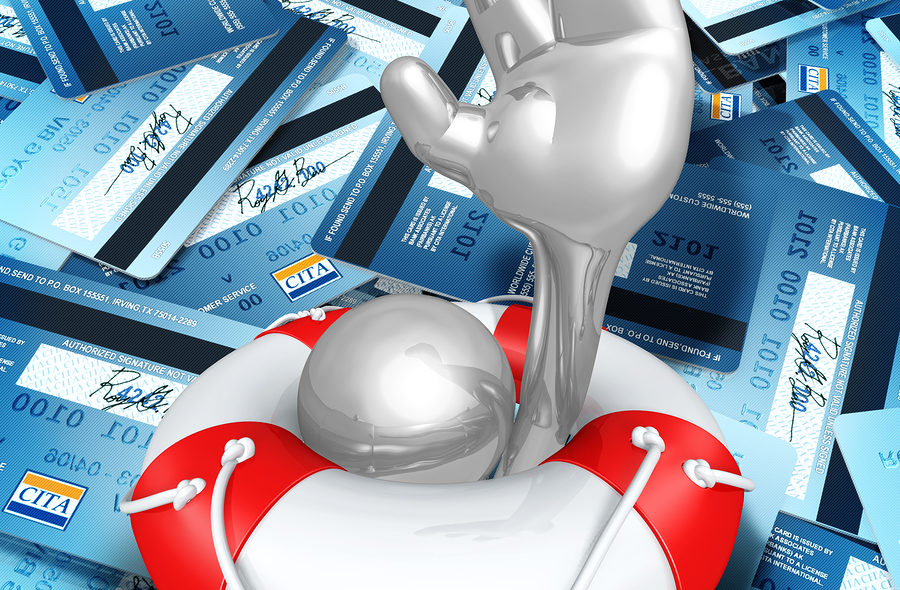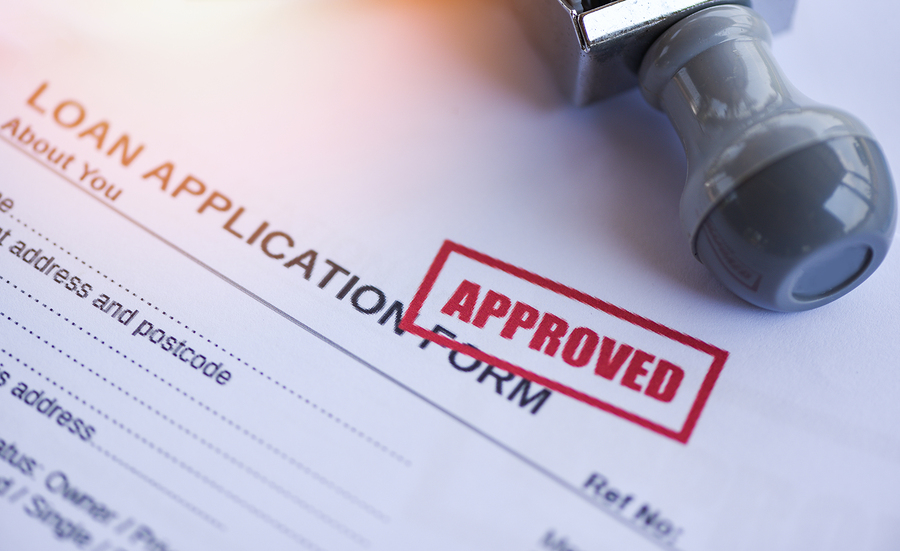Medical debt collectors can be relentless, and when someone has no money or resources to pay medical debts, this process can be extremely stressful. Recent reports have shown that private hospitals are not the only entities persistently collecting on medical debt. Federally backed governmental institutions, including military hospitals, are some of the worst offenders when it comes to pushing patients hard to pay on their medical bills.
A recent piece in The Atlantic highlighted just how dire the situation has gotten for many individuals. A Texas man, Ricardo Gonzalez Jurado, faced aggressive debt collection efforts from Brooke Army Medical Center (BAMC), a trauma center where he received treatment after sustaining significant injuries on a work site. Gonzalez Jurado did not have the funds to pay his bills in full, so he began a payment plan with the hospital. He kept to the payment plan and even agreed to pay more after the hospital requested higher payments. He later received a letter from BAMC after some time stating that his balance had been paid in full even though he had only paid a portion of the bill at that point. Despite trying to reach the hospital and continuing to send in his payments, BAMC returned his monthly checks.

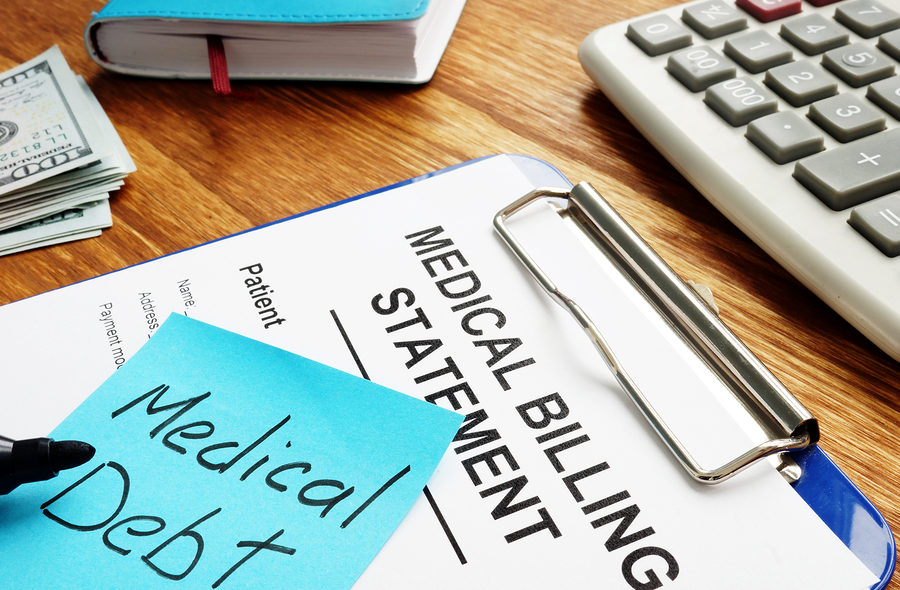
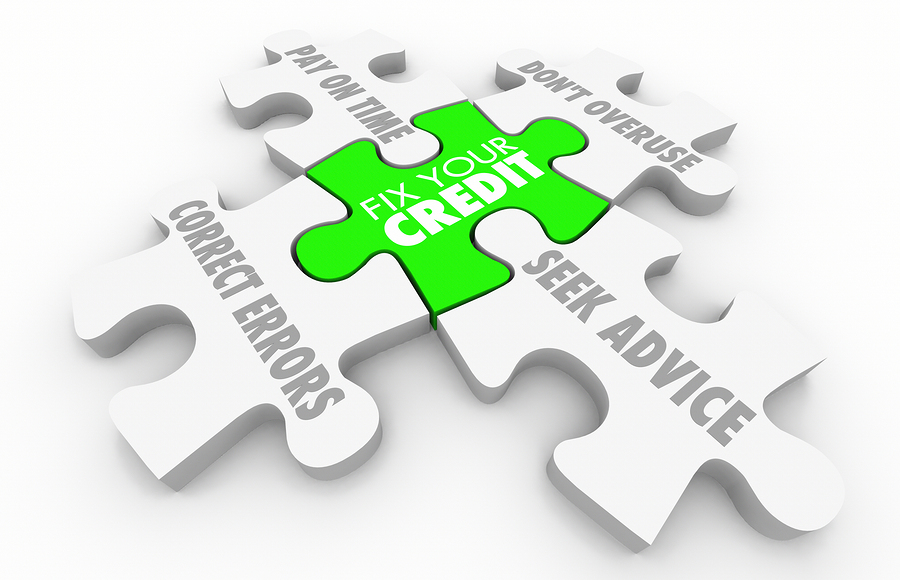
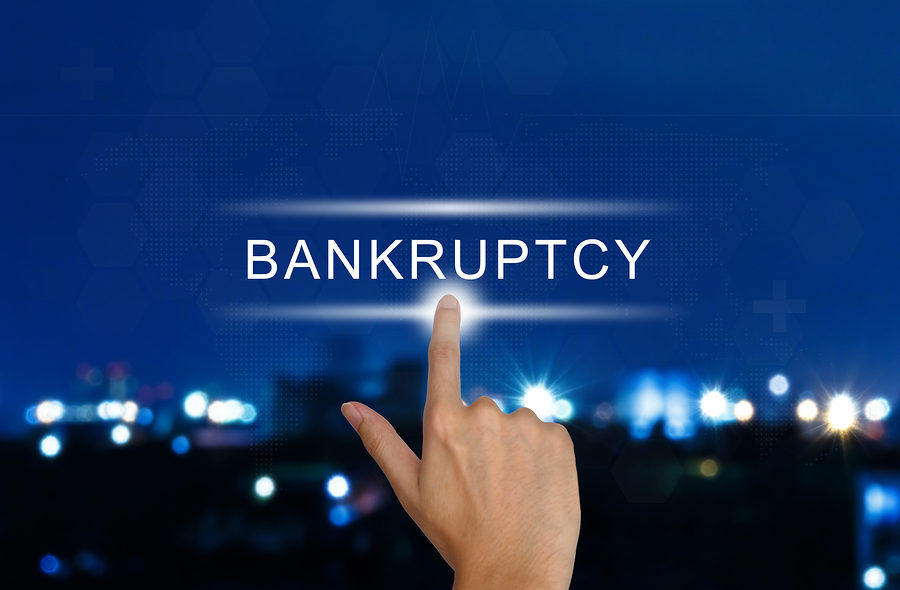
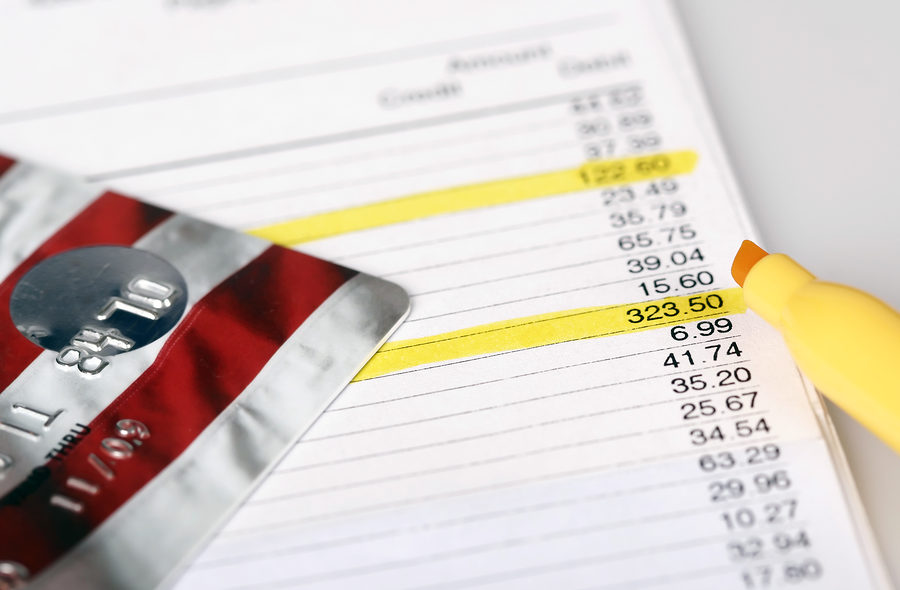

 MIAMI – (January 16, 2019) Managing Shareholder, Timothy S. Kingcade of the Miami-based bankruptcy law firm of
MIAMI – (January 16, 2019) Managing Shareholder, Timothy S. Kingcade of the Miami-based bankruptcy law firm of 

